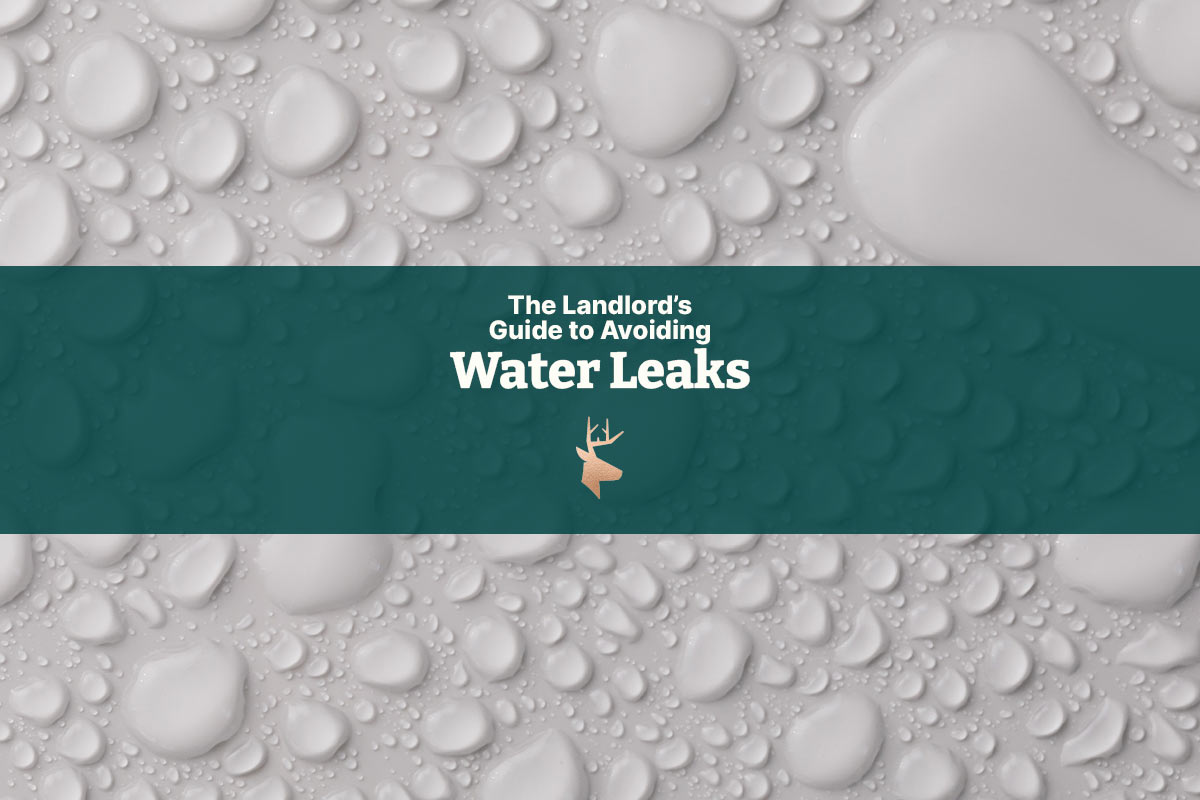The Landlords Guide To Avoiding Water Leaks
As a landlord, it is essential that you do everything in your power to minimise any problems that could potentially cost you a lot of money in the future. Water leaks are undoubtedly one of the most significant potential issues every landlord faces. This article aims to help provide you with proven methods to prevent you from having any problems at source. We will focus on four key areas, as experience tells us that this is where most problems originate.
Central Heating System
Far and away, the main area that our landlords run into problems with regarding water leaks is the central heating system. This system is working every day, and with pipes running all over the property, the potential for a leak developing is exceptionally high. As the water heats up and cools down, the pipes constantly expand and contract, eventually leading to issues with the joints. As a landlord, you will need to have your system regularly checked by a Gas Safe engineer, but our advice is also to find a leak detection specialist such as ADI Leak Detection. Many people do not realise that when a leak does occur, it may not be obvious and easy to find and repair, which is where a specialist leak detection company comes into play. They have specialist tools that can quickly and accurately detect even the smallest of leaks regardless of location.
Water Mains
The water mains supply is the second area of your property that needs attention and focus. Unfortunately, if the water mains leak, the damage to your property can be severe due to the high volumes of water involved. And to add insult to injury, if the leak occurs inside your property boundary, it is legally your responsibility to fix the leak. In terms of prevention, the best advice is to lag any exposed pipework, which helps insulate the pipes from excessive temperatures. This can be a time-consuming job but can quickly pay dividends in terms of preventing any problem from arising in the future.
Cold / Host Feeds
A key component in all of these measures involves the education of your tenants. Unfortunately, however many maintenance and preventative measures you undertake, there will always be a risk of a leak occurring. In this scenario, you can still minimise the damage caused by ensuring that your tenants know where the stopcock is and how to turn the water off before it enters the property. Many landlords ignore this simple piece of advice to their cost. Lagging is also critical for cold and hot feeds, particularly in areas near to outside walls, such as near the boiler or kitchen and bathroom sinks. Also, ensure that any holes in the walls to allow pipes to enter the property are properly sealed.
Outbuildings
Outbuildings can be an excellent addition to any property and may be a huge selling point for obtaining tenants. Unfortunately, depending on the type of outhouse it is, there is a huge potential for water leaks to develop, with the additional risk that a leak could go unnoticed for days or even weeks. This is because in the cold depths of winter, when leaks are most likely to happen, your tenants are less likely to spend time out there, so a leak can easily go undiscovered. If your tenants are responsible for paying the water bill, and it is on a water metre, then the best chance of them discovering the problem is when their water usage suddenly explodes, as this is a clear and obvious sign of a leak. Unfortunately, if they are not paying close attention to the metre, it could be a month or more before the problem is discovered. Encourage your tenants to check the outbuildings at least once a week, and as above, invest in lagging for any exposed piping where possible.
By following these simple and inexpensive tips, every landlord could save time, money and hassle, ensure their tenants are happy and maximise profitability.



